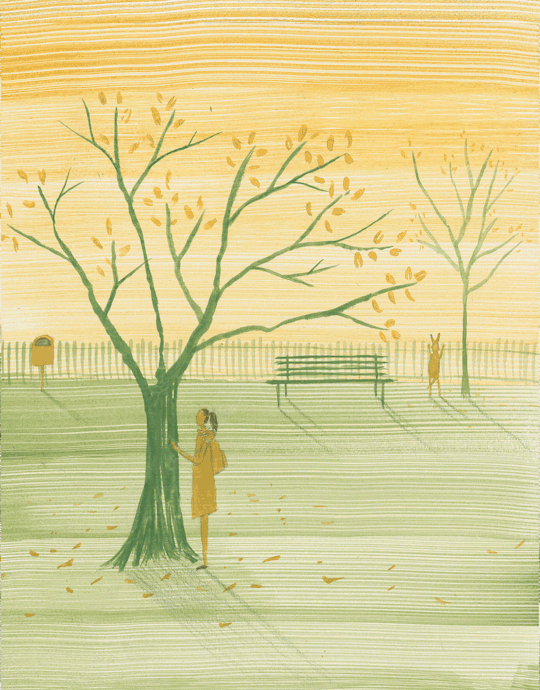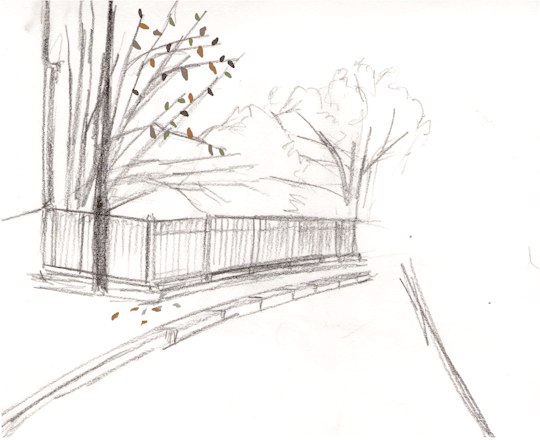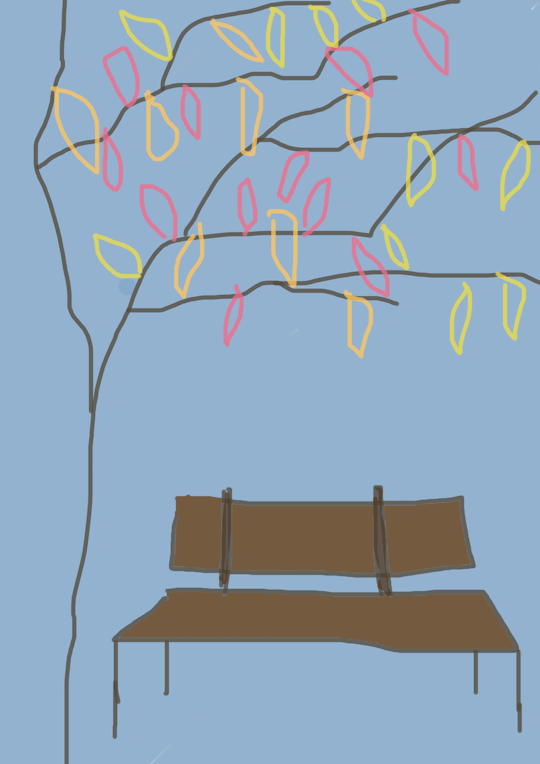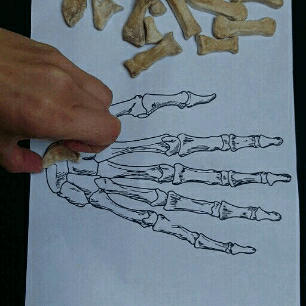Photo
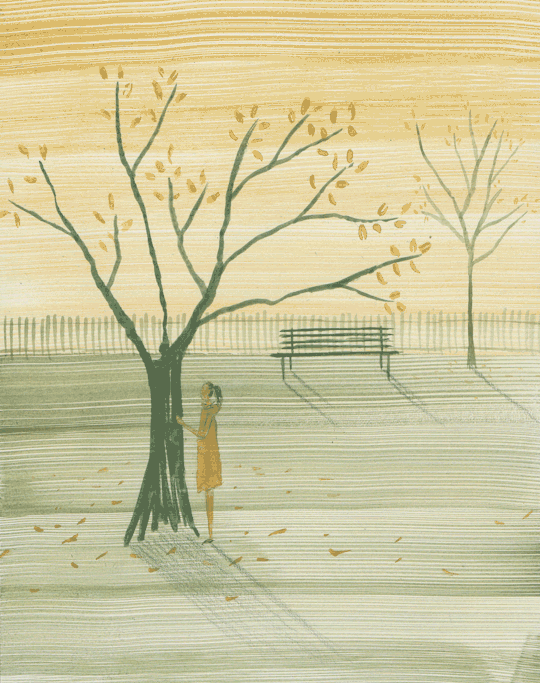
GIF EXPERIMENTATION - Inspired by Lauren Paulessen’s work
0 notes
Photo
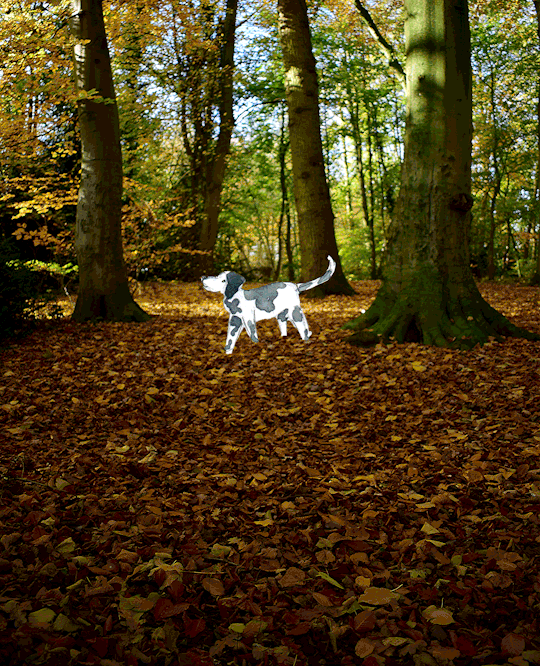
GIF EXPERIMENT - Animation Workshop
BA3a Chrissy Lasham-Sturgess
0 notes
Photo
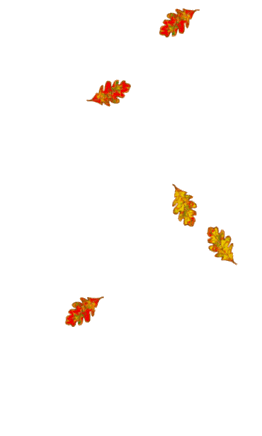
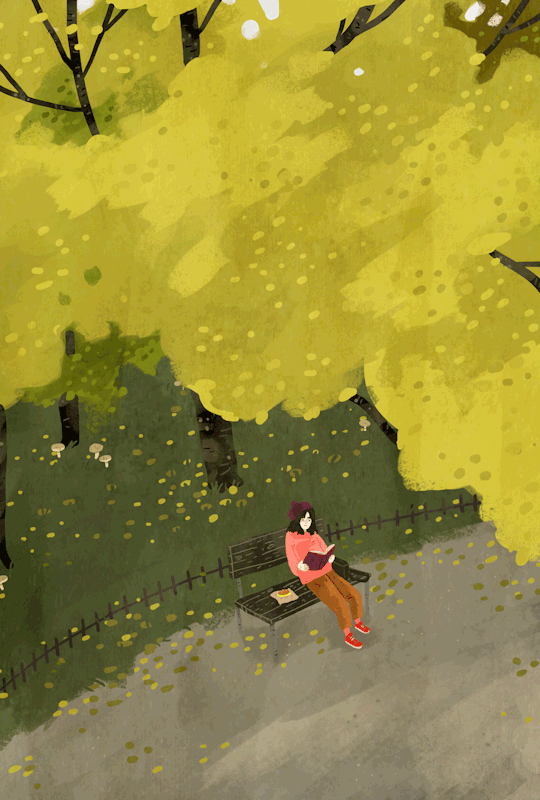
BA3b GIF RESEARCH
Chrissy Lasham-Sturgess
Top image - online gif
Bottom Image - Lauren Paulessen
0 notes
Text
Hashtags
Everything is in this unit tagged with BA1b
I have tagged each project with #project 1 (2,3,4 etc)
When I checked the tags not everything related to the tag seems to come up!!
0 notes
Photo



Fact/Description - I presented the group with a few fonts that I felt would suit our theme. We all agreed on the one above. To create an aged looking paper, I used teabags to stain the paper. I then scanned the paper into computer and printed the text onto it.
Certificate (drawings and design by Charlie Hawkins) - I printed the certificate designs onto a glossy paper. I chose this paper because I wanted it to have a feel of quality.
1 note
·
View note
Photo








Kaleidoscope Illustration Festival - Documenting the day and reflection
As the whole I think the final display worked well. I felt it clearly illustrates parts of the process of our given subject and the majority of the audiences responses confirmed that.
With our activities we managed to engage all ages. The clay hand and plate seemed to have the most appeal although quite a few people did the giant puzzle and object placing task.
Our activities offered varying degrees of difficulty, the plate being the most challenging and for some people too frustrating to complete. For those that did complete it there was a moment of satisfaction and achievement at the end. The idea in this piece was the reward of finding something and piecing it back together to complete its original form. The audience also commented on the how the objects felt and how they enjoyed handling them, particularly the felt objects made by Charlie and Lillie. We decided on objects based on the feedback in our reviews. By doing this we have filtered out the less successful objects and refined our stand to a higher level.
The final poster worked well. I think it gave a clear narrative of our given theme. We were going to use printed versions of each of the section but on the day we decided to use Titanna’s painted version (middle section) as we felt as a group it was stronger then the printed one.
For my own personal development as an artist the event and responses to my objects was rewarding and interesting. I aimed to produce realistic objects using a medium that would most successfully do this. I was surprised at how many people thought objects such as the hand, plate and flint tools were real. For me I have achieved what I set out to do as well as creating interesting and successfully engaging activities.
I was really inspired by the other groups activities and visual displays. I had a walk round and enjoyed some of the other stalls activities. There was a great diversity and some really inventive ideas. I was particularly excited by the dance stall and their activities. They were fun, appealed to all ages and gender and involved lots of stickers!! Which is always a good thing! I took part and watched others take part in the activities on other stalls, it gave me ideas for future projects as well as being able to gage what worked well and didn't work well both visually and in terms of engagement with the audience.
0 notes
Photo




Collaboration- Kaleidoscope Illustration Festival Stand
0 notes
Photo
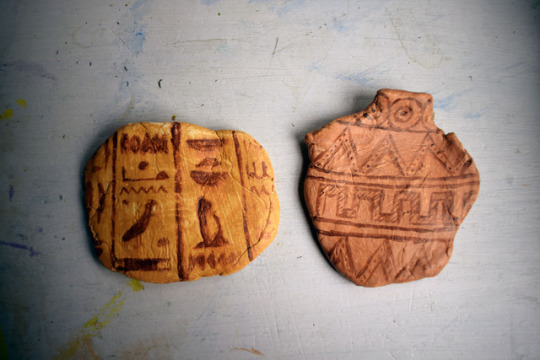
Collaboration - Objects for the final activity
My objects for the final activity were pottery. I used my research into pottery from different cultures and the patterns and colours they use to decorate their vessels.
I have used clay, gouache paint and a matt varnish to seal them. I was having problems with the clay marking the black card used in our display. I used a matt would varnish to seal the clay. It did move the paint slightly as you can see in the above image. I researched what would normally be used and it suggested an acrylic varnish. I also think the problem could have been the gouache, so would use acrylics in the future if I wanted it to be sealed.
Description and facts for my objects
These will go in the bowl for the audience to take out at complete the activity.
1.This smooth feeling object has patterns that tell us its origin Archaeologists analyse the shape, decoration and material of this object to help work out where it may originate from.
2.Each symbol on this fragment represents a letter of the alphabet
Most of the pottery from this country was made from a reddish/brown clay
0 notes
Text
Collaboration - Group Meeting
We meet today as a group to discuss the final ideas to improve the display following our feedback. Working with Neil’s ideas and our previous idea of having facts/descriptions of object that you take out of a bowl, we have come up with a solution.
Our audience will take a fact/description from a bowl. They then read the description and fact to try and work out which object it relates to. The fact/description will have a number which will also be on a large black sheet (Museum Style) for the audience to place there object by. Once they have an object placed for each description they will be given the answers.
We will also have the paper puzzle, the clay hand and plate to reconstruct. Libby will be remaking the puzzle which will be silhouettes of objects.
The poster has been refined following the feedback in our review. Charlie, Titanna and Lillie are each doing 3 sheets of A3. They will use the same paper to draw/paint the design on, it will then be scanned and printed. I think having it all the the same format will unite the individual styles used.
Following the decision to not use the word search and spot difference, we needed something else that the audience could take home. I came up with the idea of a certificate. This would be given if they completed one or more of the activities on the table.
We have divided up the work and given each person new objects to make as well as facts and descriptions to come up with relating to their object. The idea is to get the audience to use the visual of the objects as well as learning factual information related to the objects.
After researching further into pottery and how they analyse and identify its origin, I felt this could be a great way for the audience to experience and learn about the process of an archaeologist.
Add image of table plan.
0 notes
Photo






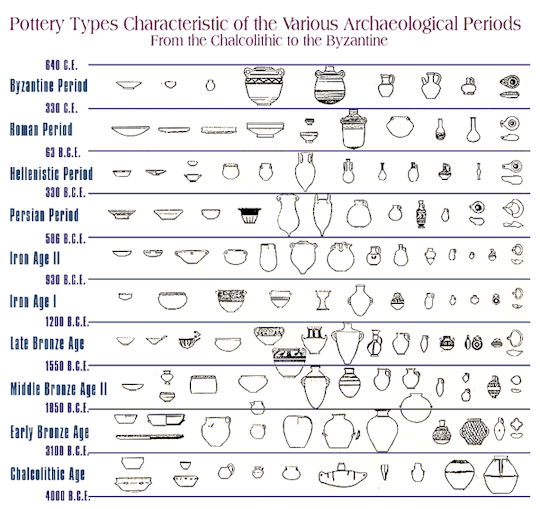
Pottery - Is defined as vessels made of clay
I have researched different pottery from a variety of cultures to look at how they can be defined visually. I have also researched how archaeologists analyse pottery to define its origin.
How pottery is analysed - Form, Decoration and Fabric(material) (Pottery can be classified by these three attributes).
The form of a pot as well as features such as rims and handles, the technique and style of decoration, can all be studied as form
The material (fabric) a pot is made of can help identify the site the pottery was made as well as well as indicate methods of manufacture and date. This can also tell us how the pot was made and used , as well as define cultural affinities.
Why is it collected? It is often the most abundant type of artefact with archaeological assemblage because its easily broken, does not decay and could not be recycled.
Ideas
Silhouettes of objects or patterns for the audience to identify the age/period it came from. Provide the audience with images of 3D objects and place into categories? What visual information will help in audience categorise their object? Form, Fabric, Decoration
Think about the role of an archaeologist and what they would look at to categorise the object.
Use factual and visual information to educate our audience
0 notes
